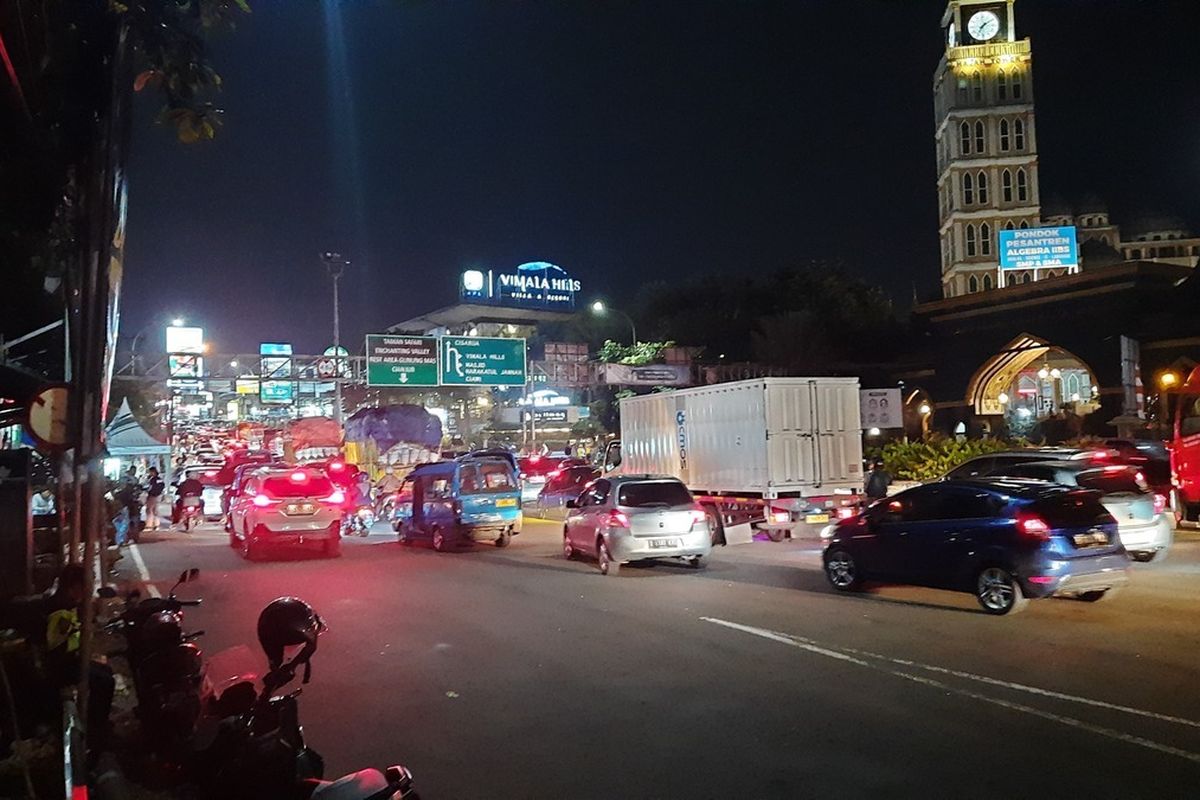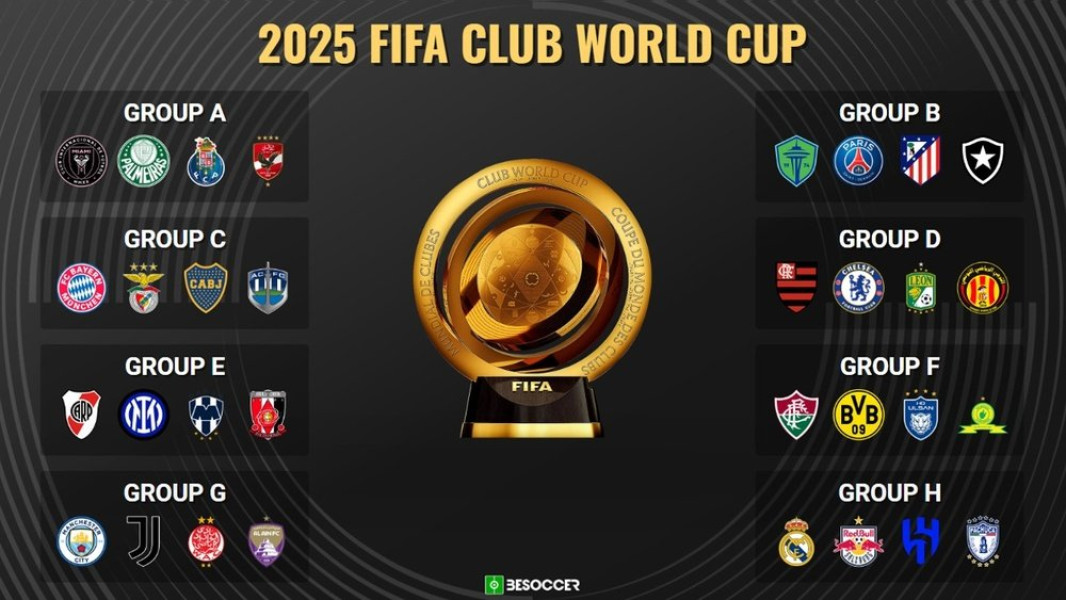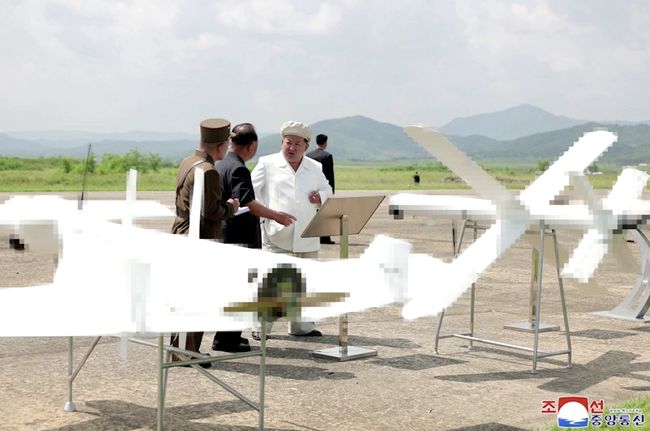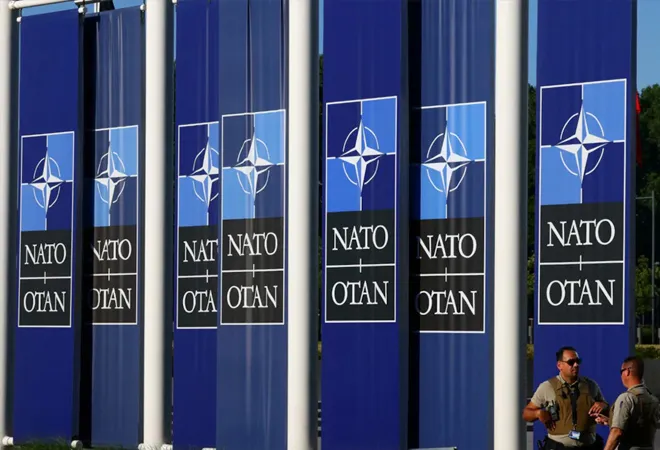
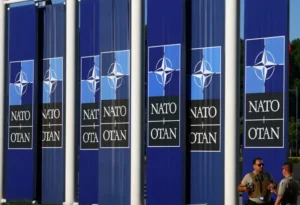
namemydaughter.com – Recent developments have sparked discussions regarding the cohesion and future of the North Atlantic Treaty Organization (NATO). Notably, President Donald Trump’s nomination of Matthew Whitaker as the U.S. ambassador to NATO has raised eyebrows due to Whitaker’s limited foreign policy experience. During his Senate confirmation hearing on March 4, 2025, Whitaker pledged to strengthen the alliance and ensure the security of the American people. He emphasized President Trump’s commitment to NATO, despite the administration’s controversial pivot towards Russia and demands for increased defense spending by NATO members. Whitaker proposed visiting all NATO members within his first month and advocated for defense expenditures to meet Trump’s suggested 5% of GDP target.
The U.S.-Ukraine relationship has also been under strain, with President Trump suspending military aid to Ukraine following a heated dispute over a minerals deal Login OLYMPUS88. This move has led European leaders, including those from the UK and France, to explore forming a coalition to secure peace in Ukraine independently, highlighting potential fractures within NATO’s unified front.
In Germany, Friedrich Merz’s recent election victory positions him to address the nation’s strained relationship with the U.S. Historically, Germany’s conservatives have maintained close ties with Western allies, particularly the U.S. However, the current U.S. administration’s stance has led Merz to advocate for European independence from the U.S., including suggestions for a European nuclear deterrent. He emphasizes practical actions such as bolstering defense funding and supporting Ukraine amidst the ongoing conflict with Russia, aiming to strengthen Europe’s resilience and regain U.S. respect.
These developments have led to discussions about NATO‘s future. Some analysts argue that NATO has become a threat to Europe, acting as a continual drag on Europe’s efforts to build its own security institutions.
Others believe that the alliance’s expansion eastward has strained relations with Russia, leading to increased tensions.
In summary, while NATO faces internal and external challenges, its member states continue to navigate these complexities to maintain the alliance’s relevance and effectiveness in addressing contemporary security threats.

